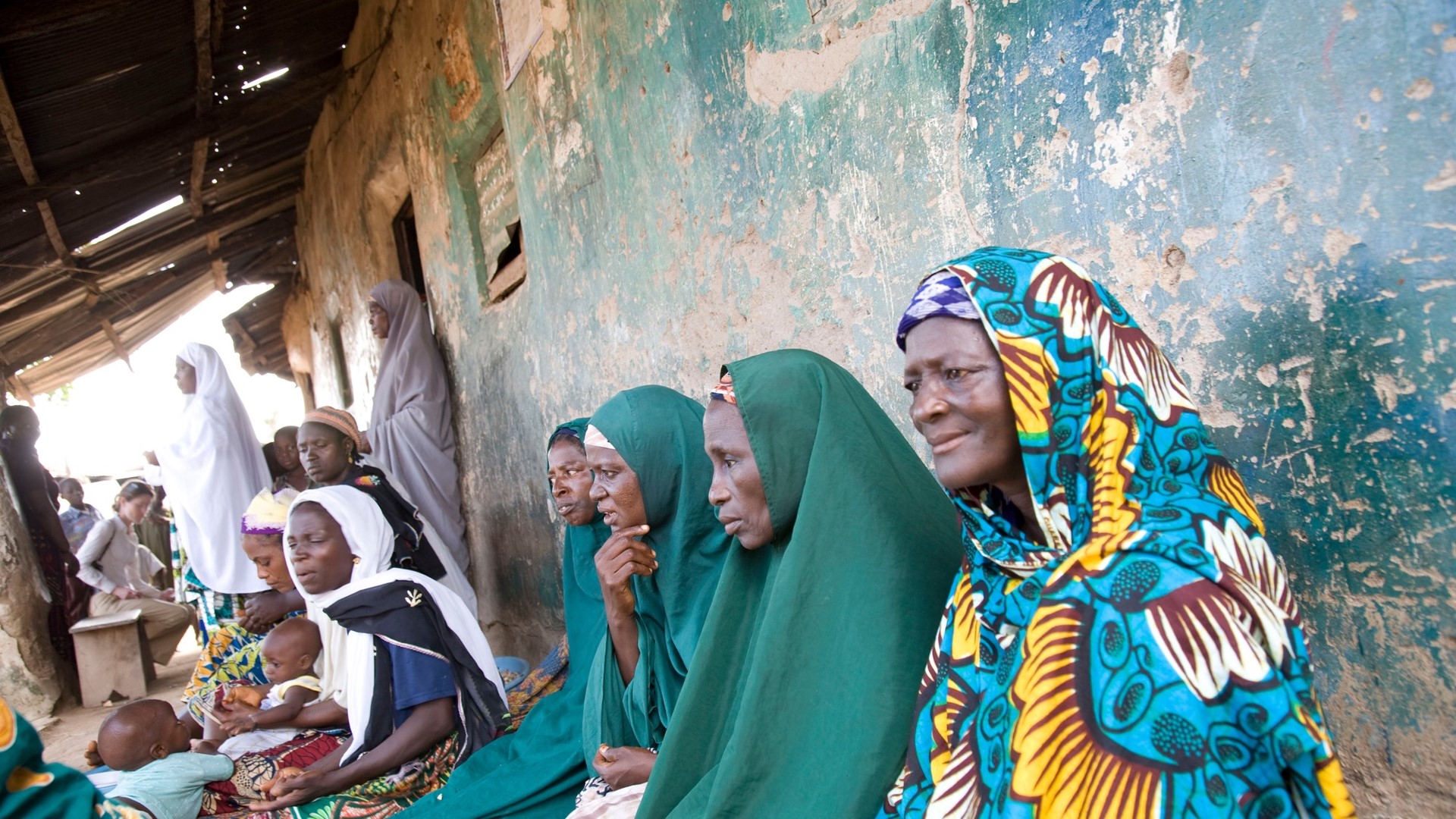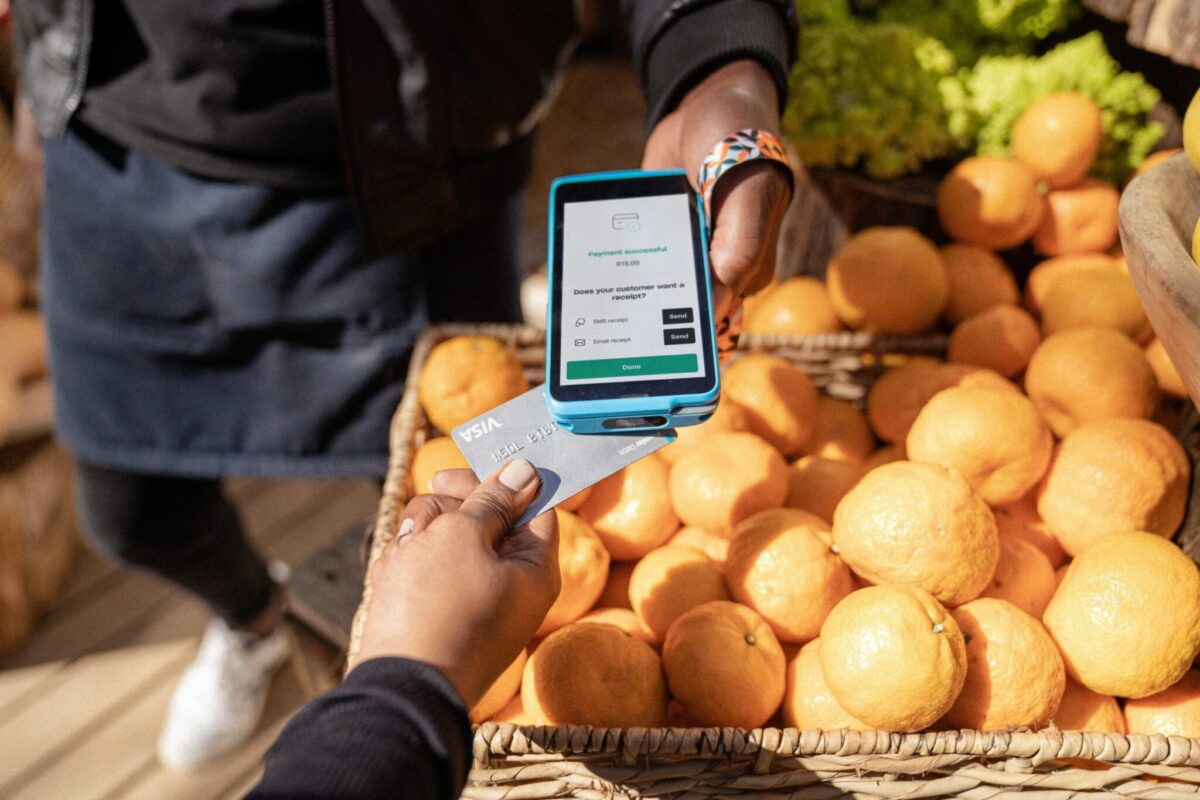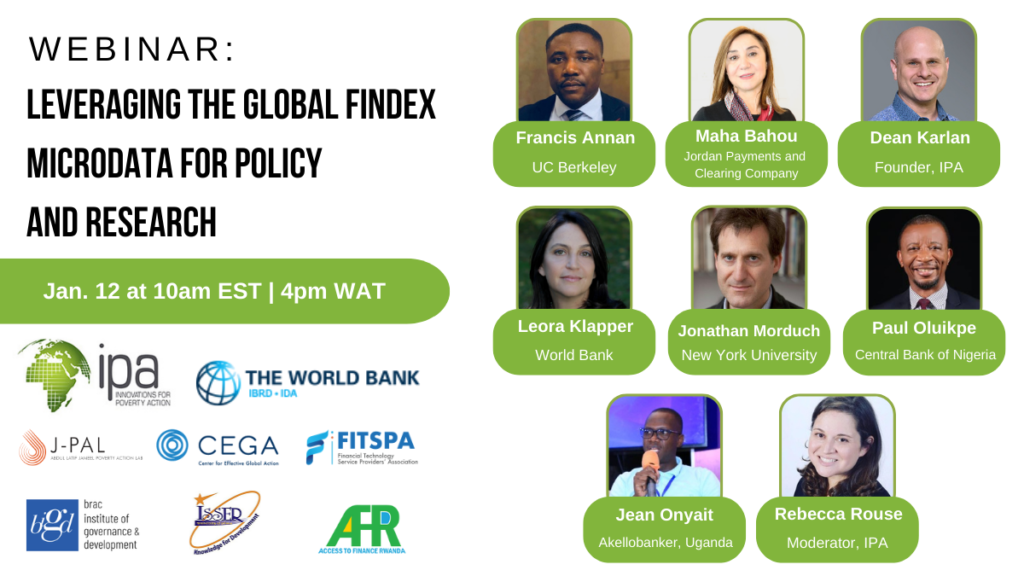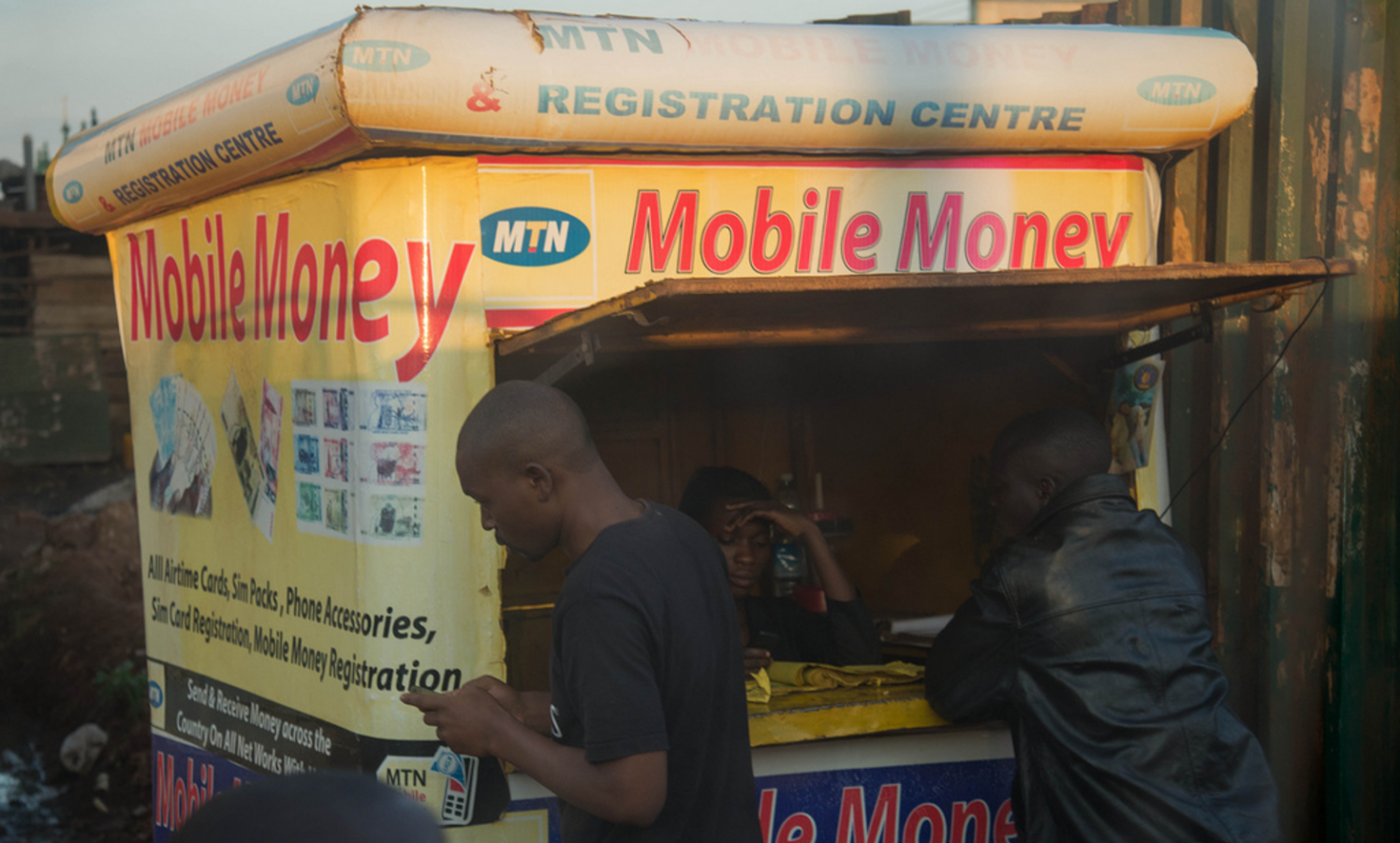The Digital Credit Debate: Impacts, Challenges, & Lessons for Consumer Protection

Photo Credit: Bill & Melinda Gates Foundation/Prashant Panjiar
Digitizing financial services has enabled tremendous innovation in the provision of credit in low- and middle-income countries (LMICs), which some hail as a transformative development with potential to drive financial inclusion, reduce poverty, and spur economic growth. However, others associate digital credit with a proliferation of misconduct, consumer abuses, and over-indebtedness, which can have severe consequences for the most vulnerable consumers and amplify inequality. Mobile Instant Credit: Impacts, Challenges and Lessons for Consumer Protection aims to bring evidence and data to bear on the debate, focusing on Mobile Instant Credit (MIC) and related products like airtime loans where there is now a critical mass of impact evidence
In this webinar, hosted by the Center for Effective Global Action (CEGA) and Innovations for Poverty Action (IPA), CEGA’s Dan Cassara and IPA’s Ria Zapanta will introduce the key insights from the deck, drawing mainly from CEGA’s Digital Credit Observatory (DCO) and IPA’s Consumer Protection Research Initiative (CPRI). Both initiatives have supported extensive research on digital credit and approaches to better protect consumers and support their financial health. The webinar will conclude with a panel featuring Professor Silvia Prina of Northeastern University and Ammar Khan from Creditbook Financial Services in Pakistan to discuss the implications of the evidence on future research and products on digital credit.









